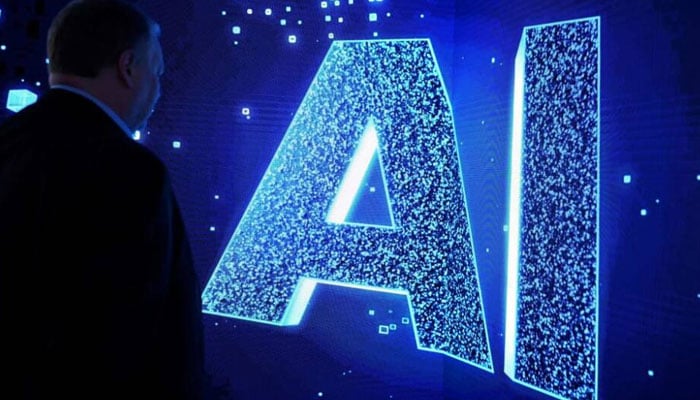Tech
EU needs to ‘speed up work on AI laws’

Latest News
Tessori promises to teach 50,000 children IT courses.
Latest News
Cybersecurity firm reports exposure of sensitive DeepSeek data on the internet.
Latest News
WhatsApp launches bulk channel management functionality
-

 Latest News3 days ago
Latest News3 days agoUNSC Briefing on Yemen: Pakistan Demands Urgent Humanitarian Assistance and Discussion
-

 Latest News3 days ago
Latest News3 days agoThe arrest of Shareefullah demonstrates the vitality of Pakistan-US cooperation in the fight against terrorism.
-

 Latest News3 days ago
Latest News3 days agoThe SC requests a daily update on the Arshad Sharif murder case.
-

 Latest News3 days ago
Latest News3 days agoReduced Electricity Prices: Under the January FCA, NEPRA Reduces Tariff by Rs 2.12 Per Unit
-

 Latest News3 days ago
Latest News3 days agoParliamentary Meeting: On Monday, the President Calls a Joint Session of Parliament
-

 Latest News3 days ago
Latest News3 days agoDevelopment Project in Lahore: CM Punjab Directs Canal Desalination
-

 Latest News3 days ago
Latest News3 days agoCOAS Visits Bannu and Promises Terrorism Justice
-

 Latest News3 days ago
Latest News3 days agoChinese Leaders Are Congratulated by the PM for Successful CPPCC Sessions
























